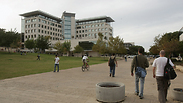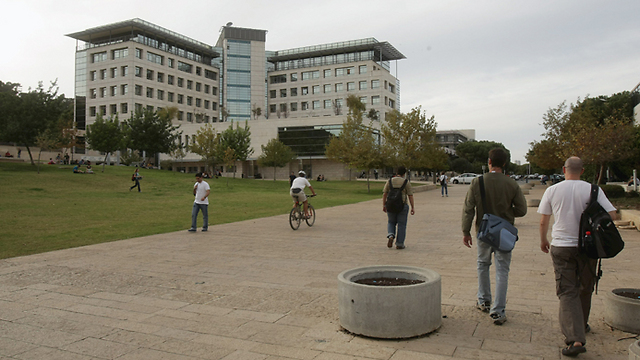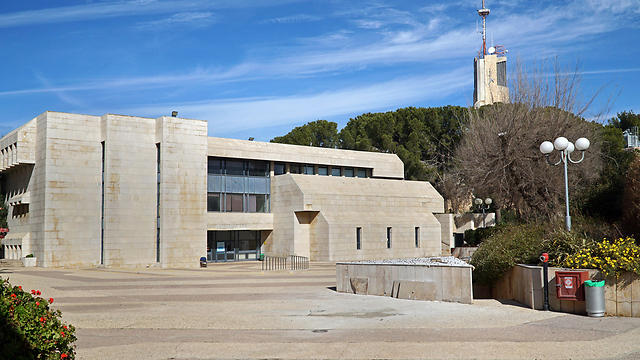

Israeli academic institutions drop in ranking of leading universities
Technion in Haifa remains in list of top 100 universities, but drops from 69 to 93, while the Hebrew University drops out of the top 100 for the first time since 2003; Technion president, Hebrew U calls on the government to invest in Israeli research.
The Technion in Haifa, which has been among the top 100 leading universities in the world since 2012, remained in the top 100 list, but it dropped 24 spots compared to last year—from 69 to 93.
Meanwhile, the Hebrew University in Jerusalem, which has been ranked among the top 100 since 2003 and was ranked 87 last year, dropped out of that list for the first time and ranked among the 101-150 spots.
The Weizmann Institute of Science and Tel Aviv University were both ranked in the same category as last year—ranking between 101-150 and 151-200 respectively. Ben Gurion University also remained in the same category, ranking again between 401-500.
Bar Ilan University, which dropped out of the top 500 list last year, returned to the 401-500 category in 2017.
Technion President Prof. Peretz Lavie said in response to the ranking, "I feel great satisfaction of the fact the Technion has been on the list of the top 100 leading universities in the world for five years now ... Our academic staff members are the force that leads the Technion to success in research and teaching, and this is why we invest enormous resources in selecting them, recruiting them and nurturing them. Over the past decade, over half of the academic staff was replaced with new researchers, all of whom have been selected based on one criterion one: Excellency."
Prof. Lavie said the Technion is scheduled to inaugurate campuses in New York and in China in September and December respectively. "The Technion's international influence is consistently expanding," he said, noting the two new campuses join other partnerships the institution is promoting with other leading universities across the world "as part of our vision to become a leading international scientific-technological research university."
He explained the drop in ranking for the Technion and the other Israeli universities, saying, "The decision makers must understand the State of Israel cannot remain a world power in science and technology without massive investment in research."
The Hebrew University also commented on the worrying decline in Israeli research, echoing the Technion president's calling on the Israeli government "to invest more in Israeli research, both because of the increasing international competition in scientific research and because scientific research constitutes an economic growth engine for the state."
The Hebrew University added that "Despite the fact research budgets have increased this year, it appears this is not enough, and we are now experiencing the difficult years—the lost decade—of higher education."
The international index, one of the most important rankings in the academic world, is published every year since 2003 and includes the 500 leading universities in the world. The ranking is based on several criteria, including the number of Nobel laureates among the academic staff and graduates, the number of scientific articles published in prominent journals, and more.
Harvard University claimed the top spot for the 15th year in a row. In second place ranked Stanford University, followed by the University of Cambridge, the Massachusetts Institute of Technology and University of California, Berkeley.
 |

















